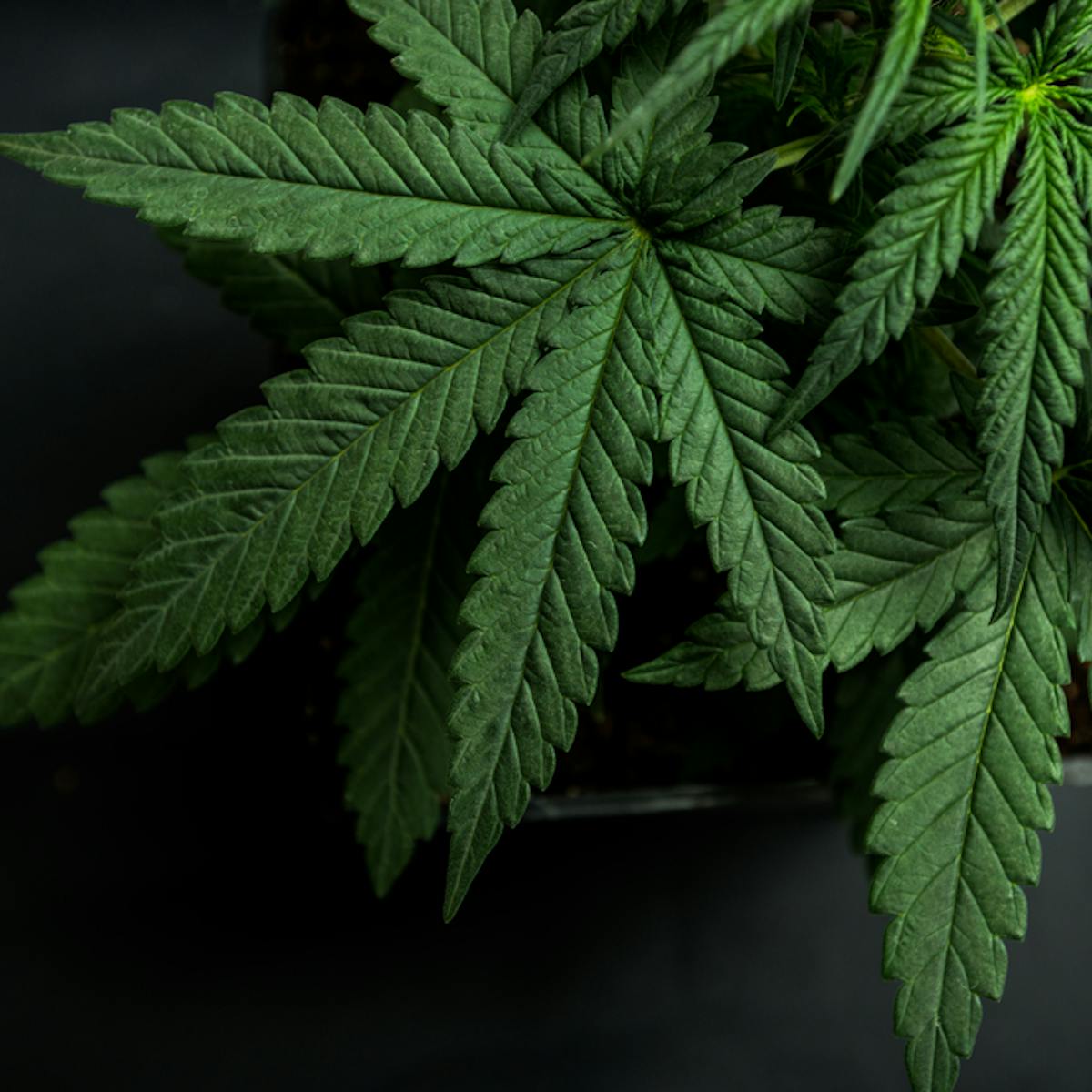This upwelled water is more efficient in heat and anthropogenic CO 2 uptake. Climate change refers to change in global patterns of the atmosphere and ocean while ocean acidification is the decline in ocean pH and related variables.
 Ocean Acidification Causing Coral Reefs To Be Less Resilient To Climate Change Ecowatch
Ocean Acidification Causing Coral Reefs To Be Less Resilient To Climate Change Ecowatch
Roughly 30 percent of human-made CO2 is absorbed by the oceans.

Ocean acidification climate change. As human-induced emissions of carbon dioxide CO 2 build up in the atmosphere excess CO 2 is dissolving into the oceans where it reacts with seawater to form carbonic acid lowering ocean pH levels acidification and threatening a number of marine ecosystems. This is because climate change such as warming and freshening of the oceans is acting in tandem with the enormous oceanic uptake of C02 said Bellerby. Significant changes to ocean stratification and circulation can also be observed regionally along the eastern ocean boundaries and at the equator.
Both effects are due in large part to the buildup of anthropogenic carbon dioxide in the atmosphere mainly resulting from burning fossil fuels. Scientists have observed that the ocean is becoming more acidic as its water absorbs carbon dioxide from the atmosphere. Human-caused emissions of carbon dioxide fundamentally change the.
Arctic ocean acidification is happening at a faster rate than found in other global regions. Ocean waves off the coast of New Zealand. Ocean acidification is often called global warmings evil twin.
Ocean acidification is the change in seawater chemistry due to the absorption of increasing carbon dioxide CO 2 in the air from fossil fuels and deforestation. Over a thousand-year timescale around 80 per cent of human-caused carbon dioxide emissions will end up in the oceans. As we emit more carbon dioxide the oceans will become more acidic.
Ocean acidification paired up with other climate impacts like warming waters deoxygenation melting ice and coastal erosion. Ocean acidification is a change in the properties of ocean water that can be harmful for plants and animals. Globally ocean acidity has already increased by 30 compared with pre-industrial times over 200 years ago.
Water is acidic at a pH less than 7 and alkaline if pH is greater than 7. Freshwater bodies also appear to be acidifying although this is a more complex and less obvious phenomenon. That will be bad for sealifebut it may also speed the.
Although climate models suggest the oceans surface pH has dropped from pH 82 to 81 since 1750 that change was never actually measured. Measurements made over the last few decades have demonstrated that ocean carbon dioxide levels have risen in response to increased carbon dioxide in the atmosphere leading to an increase in acidity that is a decrease in pH see Figure 1. Anything we do to mitigate climate change today will benefit the future of the ocean as well.
It is the long-term change in seawater chemistry due to the absorption of carbon dioxide from the atmosphere. The pH drop is merely a modeled conjecture that is unfortunately constantly repeated as fact. In these areas wind-driven upwelling brings colder nutrient- and carbon-rich water to the surface.
Ocean acidification has been compared to anthropogenic climate change and called the evil twin of global warming and the other CO 2 problem. Oceans becoming more acidic after the Industrial Revolution is no accident. Due to fossil fuel burning since the industrial revolution carbon dioxide CO 2 levels in the atmosphere have climbed from about 280 to 400 parts per million.
Ocean Acidification Will Make Climate Change Worse. As humans burn more and more fossil fuels the concentration of carbon dioxide in our atmosphere continues to rise driving climate change and making both air and sea temperatures hotter and hotter. Ocean acidification affects marine life Coastal and marine ecosystems are under tremendous stress from climate change.
Ocean acidification is often described as climate changes equally evil twin Like climate change the principal cause of acidification in the open ocean is an increase in atmospheric carbon dioxide CO2 with potentially harmful ecological and economic consequences. Ocean acidification refers to decreasing levels of pH in the ocean which makes the sea more acidic. I Species interactionsWhile biotic interactions play a fundamental role in defining change to species distribution and communities structure 2224 the degree to which ocean acidification and climate change may alter the way in which species interact with one another is not fully understoodStudies that have explored species responses to biotic stimuli and interactions under ocean.
Seawater is naturally alkaline at 82. Ocean acidification is one aspect of global climate change. Over the last decade there has been much focus in the ocean science community on studying the potential impacts of ocean acidification.
More than just temperatureclimate change and ocean acidification. What is ocean acidification and how does climate change fit in. More than just temperatureclimate change and ocean acidification.





































